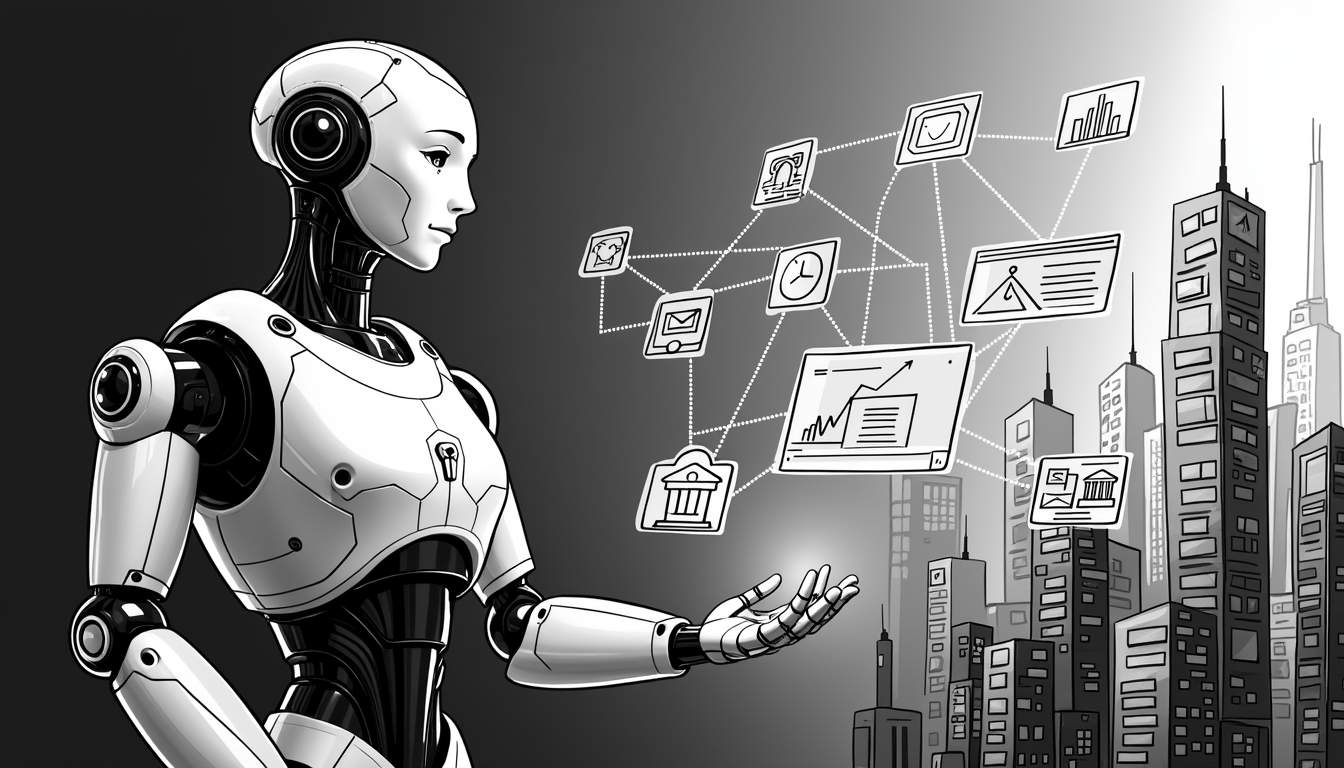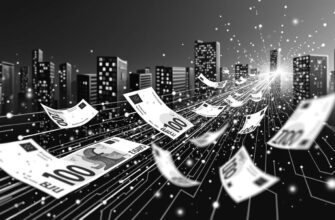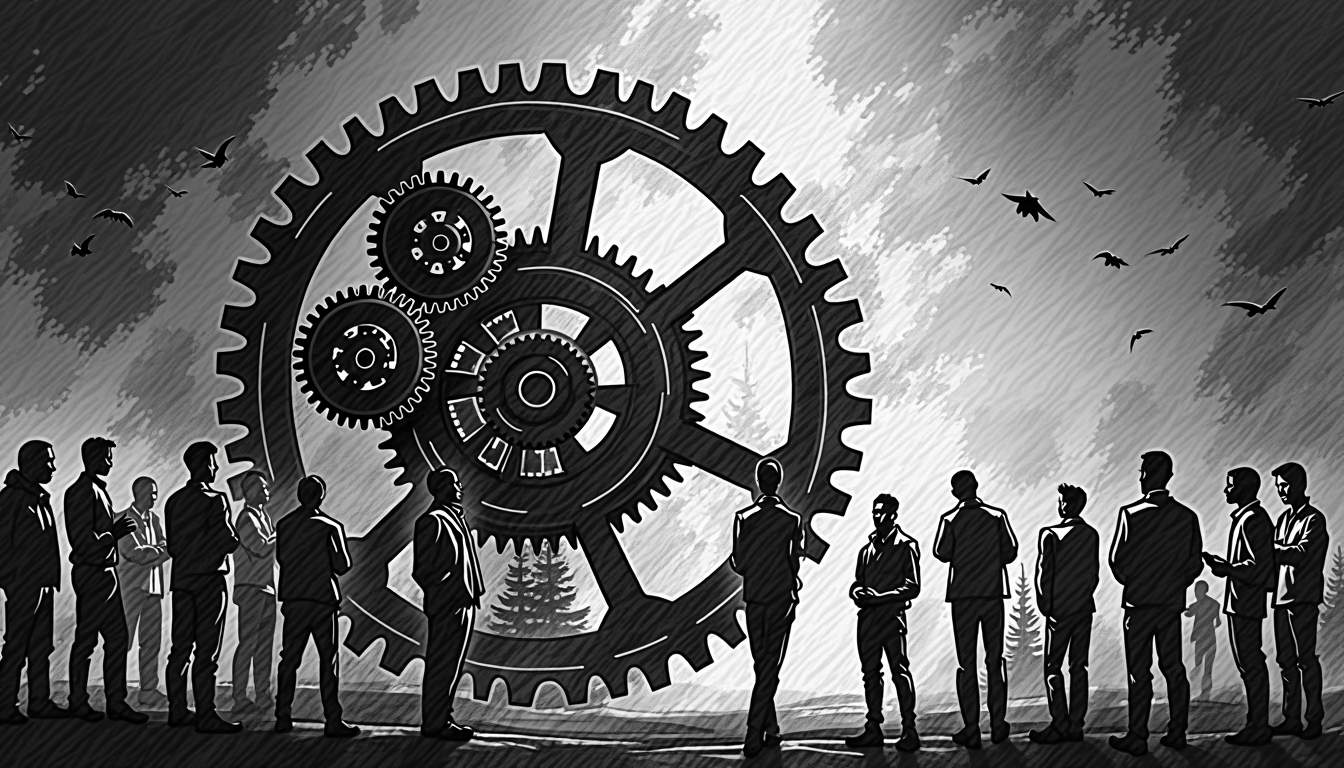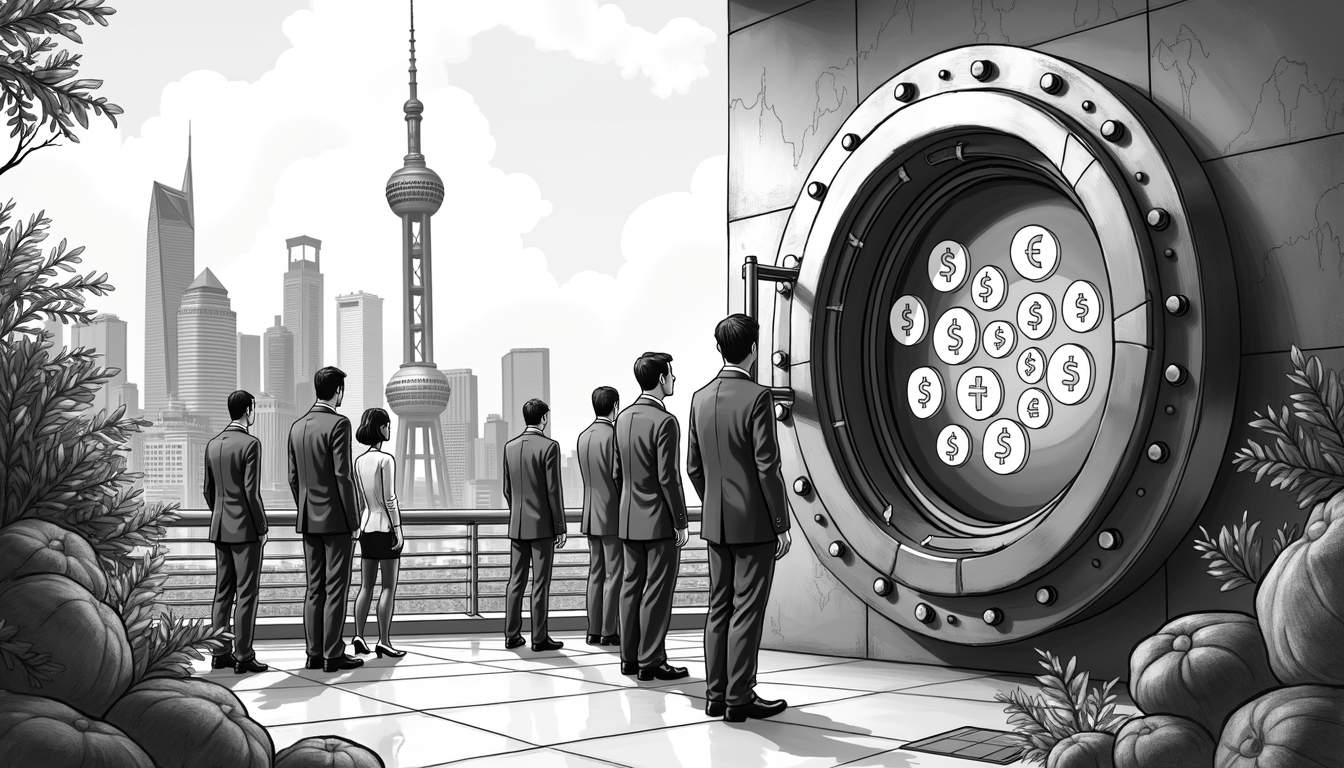- How is AI and Blockchain Reshaping Industries Today?
- What are the Specific Benefits of AI in Retail and Supply Chain?
- Retail’s Enhancement Through AI
- Supply Chain Management’s Revolution
- How Does AI and Blockchain Improve Security?
- Reinforced Security and Fraud Detection
- Aiding Healthcare and Data Management
- How Do Non-Traditional Learning Paths Aid in Blockchain and AI Careers?
- Tailored Learning Experiences
- Simulations and Real-World Applications
- What are the Risks of Over-Relying on AI in Blockchain Solutions?
- Dependence on AI Over Human Insight
- Data Limitations and Algorithm Bias
- Cybersecurity Vulnerabilities
- Regulatory and Operational Challenges
- Summary
How is AI and Blockchain Reshaping Industries Today?
AI and blockchain are at the forefront of technological transformation. The fusion of these two innovations is creating vast opportunities across multiple sectors. By enabling rapid data analysis and providing a secure ledger system, this combination is being harnessed in retail, supply chain, healthcare, and finance, all of which are seeing improvements in operation efficiency and decision accuracy.
What are the Specific Benefits of AI in Retail and Supply Chain?
Retail’s Enhancement Through AI
Q: What are the implications for retail with AI in blockchain?
Retailers are leveraging AI’s capabilities to enhance customer insights stored securely in blockchain transactions. This integration not only tracks the effectiveness of marketing strategies but also bolsters payment security. The result? A more personalized shopping experience that caters to customer needs while reducing the risk of fraudulent activity.
Supply Chain Management’s Revolution
Q: How does AI influence supply chains when integrated with blockchain?
Supply chain management is undergoing a revolution thanks to AI and blockchain. AI algorithms analyze historical demand patterns, while blockchain manages supply chains through smart contracts. This ensures timely delivery of products and minimizes disruptions, leading to optimized operations.
How Does AI and Blockchain Improve Security?
Reinforced Security and Fraud Detection
Q: Why is security heightened with AI and blockchain?
The combination of AI and blockchain enhances security by providing two layers of defense against cyber threats. AI-driven patterns reveal fraudulent activities while blockchain ensures transparent transaction tracking. This synergy is particularly salient in finance, where AI aids in investment decisions and fraud detection.
Aiding Healthcare and Data Management
Q: How does AI and blockchain impact healthcare?
In healthcare, this integration enhances record management. Blockchain secures sensitive health records while AI analyzes vast datasets for actionable insights. This combination extends to other industries, ensuring sensitive data is accurately managed.
How Do Non-Traditional Learning Paths Aid in Blockchain and AI Careers?
Tailored Learning Experiences
Q: What role do personalized learning paths play in careers in blockchain and AI?
Non-traditional learning paths, including online courses, bootcamps, and independent study, can invigorate careers in blockchain and AI. AI tools create personalized learning experiences tailored to individual needs, allowing for a more engaging and effective learning journey.
Simulations and Real-World Applications
Q: Why are simulations important in AI and blockchain education?
Integrating simulations and real-world projects into AI and blockchain education allows students to apply theoretical knowledge in practical scenarios. This hands-on approach familiarizes students with relevant tools and techniques, preparing them for future careers.
What are the Risks of Over-Relying on AI in Blockchain Solutions?
Dependence on AI Over Human Insight
Q: What are the dangers of over-dependence on AI?
Over-relying on AI can overshadow essential human insight, often missing crucial nuances or exceptions AI might overlook. Balancing AI automation with human oversight ensures a well-rounded decision-making process.
Data Limitations and Algorithm Bias
Q: How does data scarcity affect algorithm performance?
AI algorithms thrive on large datasets. Limited historical data in blockchain and cryptocurrency applications can lead to inaccurate predictions, causing potential financial losses. Additionally, algorithms may inherit biases from training data, leading to biased outcomes.
Cybersecurity Vulnerabilities
Q: What are the cybersecurity vulnerabilities associated with AI and blockchain?
AI systems can be susceptible to cyber attacks, which endanger data and funds. Hackers may exploit algorithm vulnerabilities to manipulate transactions or steal sensitive info. Robust cybersecurity measures are necessary to counter these threats.
Regulatory and Operational Challenges
Q: What regulatory challenges arise from AI and blockchain adoption?
Rapid AI adoption can introduce operational challenges and regulatory risks, especially regarding data privacy and protection. Staying abreast of regulatory developments and ensuring compliance is vital.
Summary
The intersection of AI and blockchain technology is reshaping industries by capitalizing on the strengths of both fields. While the advantages are numerous, awareness of potential risks is crucial. Non-traditional educational paths also play a role in preparing individuals for careers in these evolving fields. Staying informed and adaptable is key to harnessing the full potential of AI and blockchain integration.








